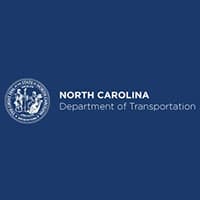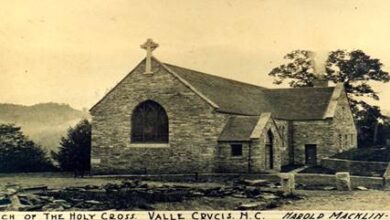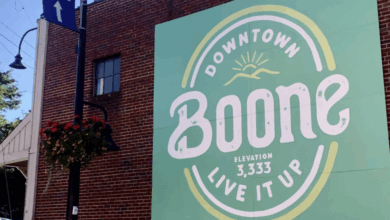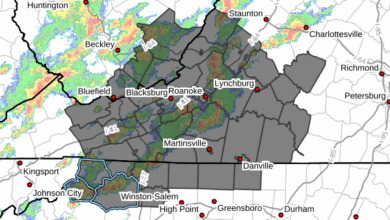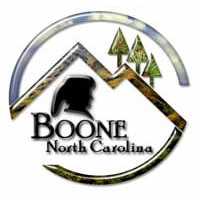Last Updated on April 23, 2019 8:15 am
RALEIGH – The N.C. Forest Service is urging North Carolina residents to think safety and exercise extra caution when burning materials during the spring fire season. The spring fire season typically runs from March through May, and is historically the time when wildfires are most likely to occur.
“The leading cause of wildfires is careless debris burning. Protect our natural resources by acting safely,” said Agriculture Commissioner Steve Troxler. “Don't burn on dry, windy days; maintain a careful watch over your debris fire; and make sure it is fully extinguished.”
Troxler also warned against using drones over wildfires, an emerging concern across the country. In 2018, there were 26 drone incursions into air space over wildfires across the nation. When unauthorized aircraft, such as drones, fly into the same airspace as helicopters and airplanes even at low altitudes, the air operations must be stopped due to safety concerns. This means no water drops to slow the spread of a fire and no eyes in the sky to help direct firefighters on the ground, Troxler said.
The N.C. Forest Service encourages anyone considering debris burning to contact his or her local county forest ranger. The forest ranger can offer technical advice and explain the best options to help maximize safety to people, property and the forest. For people who choose to burn debris, the N.C. Forest Service urges them to adhere to the following tips to protect property and prevent wildfires:
- Make sure you have an approved burning permit, which can be obtained at any N.C. Forest Service office, a county-approved burning permit agent, or online.
- Check with your county fire marshal’s office for local laws on burning debris. Some communities allow burning only during specified hours; others forbid it entirely.
- Check the weather. Don’t burn if conditions are dry or windy.
- Consider alternatives to burning. Some yard debris such as leaves and grass may be more valuable if composted.
- Only burn natural vegetation from your property. Burning household trash or any other man-made materials is illegal. Trash should be hauled away to a convenience center.
- Plan burning for the late afternoon when conditions are typically less windy and more humid.
- If you must burn, be prepared. Use a shovel or hoe to clear a perimeter down to mineral soil of at least 10-feet, preferably more, around the area around where you plan to burn.
- Keep fire tools ready. To control the fire, you will need a water hose, bucket, a steel rake and a shovel for tossing dirt on the fire.
- Never use flammable liquids such as kerosene, gasoline or diesel fuel to speed debris burning.
- Stay with your fire until it is completely out. Remember, debris burning is the No. 1 cause of wildfires in the state.
- These same tips hold true for campfires and barbeques as well. Douse burning charcoal briquettes or campfires thoroughly with water. When soaked; stir the coals and soak them again. Be sure they are out cold and carefully feel to be sure they are extinguished. Never dump hot ashes or coals into a wooded area.
- Burning agriculture residue and forestland litter: In addition to the rules above, a fire line should be plowed around the area to be burned. Large fields should be separated into small plots for burning one at a time. Before doing any burning in a wooded area, contact your county ranger who will weigh all factors, explain them and offer technical advice.
Studies have shown that taking these and other measures can greatly reduce wildfires and the loss of property associated with them. For more information on ways you can prevent wildfires and loss of property, click above on “Programs and Services”, click on “Fire Control and Prevention” and follow the links.








